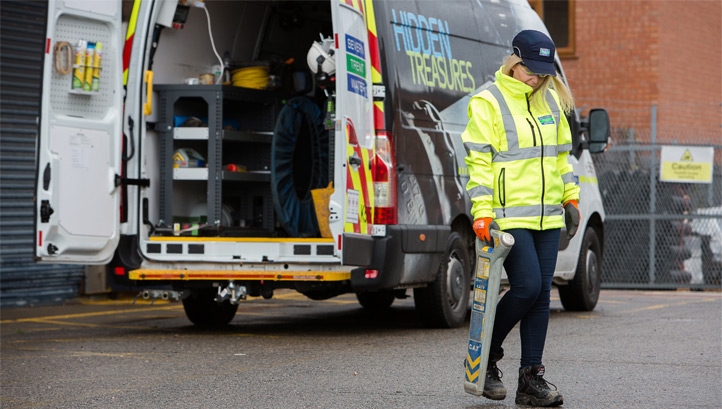The UK’s second-biggest water company, Severn Trent has joined the Climate Group’s EV100 initiative, pledging to convert 100% of its transport fleet to electric vehicles (EVs) by 2030.
Severn Trent has pledged to deliver net-zero carbon emissions for its operations by 2030
Severn Trent, which serves 4.4 million homes and business customers in England and Wales, will seek to convert its fleet of more than 2,000 vehicles to EVs by 2030 through the initiative. By joining the EV100, Severn Trent will be able to collaborate and discuss EV integrations with a group of likeminded business giants.
Alongside the EV commitment, Severn Trent has pledged to deliver net-zero carbon emissions for its operations by 2030 and generate 100% of its energy needs from renewables in the same time-frame as part of a Triple Carbon Pledge.
In August, the UK’s nine major water and sewerage providers, including Yorkshire Water, Anglian Water and United Utilities committed to planting 11 million trees in order to improve the natural environment across 6,000 hectares of English land as part on an overarching ambition to become a carbon-neutral sector by 2030.
The EV100 has spurred the adoption of 80,000 low-carbon vehicles to date and is now targeting 2.5 million vehicles by 2030. The latest annual report reveals that the 2.5 million vehicles will save 42 million metric tons CO2e, the annual emissions of 11 coal power plants.
Some of the members are targeting 100% zero-emission transport by 2030, while others have pledged to electrify all last-mile deliveries or help all staff make the electric vehicle (EV) switch with their personal or business vehicle.
The coalition of companies, which includes the likes of BT, Ikea and Unilever, have collectively pledged to electrify more than 145,000 vehicles by 2030, according to a report, with the majority prioritising their city-based fleets in a bid to reduce air pollution. In 2019, 82% of EV100 members were charging their EV fleets with 100% renewable power. Almost 10,000 charge points have been installed by the companies.
However, the report also shows that a lack of EV supply is the biggest barrier to faster progress for 79% of EV100 members – up by a third from last year.
The Department for Transport (DfT) has identified a lack of charging infrastructure as one of the three biggest barriers to EV adoption in the UK, along with distance traveled per charge and vehicle cost.
Similarly, Bloomberg New Energy Finance (Bloomberg NEF) predicts that EVs will account for more than half of new car sales by 2040, but that the pace of the shift away from petrol and diesel could be hindered by far slower investment growth in infrastructure.
In July, the UK Government was named as the first government to act as an ambassador for the Climate Group’s EV100 initiative. As an International Ambassador, the UK Government will actively encourage large UK businesses to switch to electric vehicles and use its international network of embassies to call for the same across the world.

